Protease Enzyme – 25 KG
Protease Enzyme is a versatile product used in many industries such as food, biotechnology, pharmaceuticals, pharmaceuticals, leather, textiles and waste management thanks to its powerful protein degradation capabilities. By breaking down protein into smaller peptides and amino acids, it optimizes processes, improves product quality and provides superior performance in applications.
Product Features
- Source: Non-pathogenic, non-genetically modified strains of microorganisms(GRAS status).
- Areas of Use: Biscuit, cracker production and dough conditioning.
- Dosage: 20 – 50 g per 100 kg flour (to be optimized according to flour quality and recipe).
- Packaging: 25 kg net weight in cardboard box with PE inner packaging.
- Storage: Store in a cool (<25°C) and dry place.
Protease Enzyme Application Areas and Advantages
1. Food Industry
- Dough Conditioning:
- It weakens the gluten structure of strong flours and increases the ease of kneading the dough.
- Reduces rest time, thus speeding up production processes.
- Biscuit and Cracker Production:
- It provides a more homogeneous structure by controlling dough elasticity.
- Promotes better chewability of products.
- Flavor Enhancement:
- Develops rich flavors by breaking down proteins into amino acids in soy sauce, fish sauce and fermented foods.
- Beverage Clarification:
- It provides clarification of the liquid by breaking down the proteins that cause turbidity in fruit juice and wine production.
2. Meat and Seafood Processing
- Meat Tenderization:
- Protease enzymes break down collagen and connective tissues, making meat more tender and flavorful.
- Seafood Processing:
- It is used to ensure easy separation of meat from crustaceans.
3. Dairy Products
- Cheese Production:
- Coagulates milk proteins and facilitates the separation of curds and whey.
- Contributes to the desired flavor and texture development in different cheese types.
4. Biotechnology and Research
- Protein Purification:
- It is used to analyze protein structure, synthesize peptides and for various processes in molecular biology.
- Enzyme Engineering:
- It serves as a critical component in DNA research and the production of biological drugs.
5. Leather and Textile Industry
- Leather Processing:
- Removes unwanted proteins from animal skins, providing cleaner and more workable surfaces.
- Textile Processing:
- It removes the sizing agents from the fabric, making the surface softer and brighter.
6. Waste Management and Recycling
- Waste Management:
- Contributes to faster biodegradation of food residues and organic waste.
Highlights
- Gluten Attenuation: Controls dough elasticity by modifying the strong gluten structure.
- Better Chewing Properties: Improves the desired texture and chewability of final products.
- Shelf Life and Stability: Provides clarity and stability in juices, beverages and other food products.
- Flavor Enhancement: Offers rich flavors in fermented products through amino acid production.
- Versatile Use: Can be flexibly applied in different sectors.
Dosage and Usage
- Dosing: 20 – 50 g of protease enzyme is used per 100 kg of flour. Dosage should be optimized according to flour quality and production processes.
- Usage: Can be added directly to the production line and mixes easily with other materials.
Storage and Shelf Life
- Storage Conditions: It should be stored in its original packaging in a cool (<25°C) and dry place.
- Shelf Life: Under appropriate storage conditions, the activity of the product is maintained for a long time.
Solutions and Efficiency in Sectors
Protease Enzyme improves quality and optimizes processes in a wide range of industries, from bakery, meat processing and dairy to textiles and biotechnology. It adds value to your products with its powerful protein degrading ability in a variety of industrial applications.
For more information and other enzyme products, please visit our Bakery Enzymes category.
| Ambalaj | 20 KG, 5 KG |
|---|
Be the first to review “Protease Enzyme 25 KG” Cancel reply
Related products
Baking




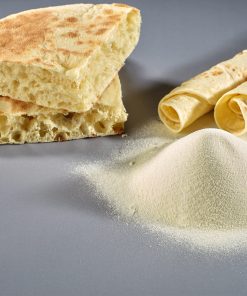
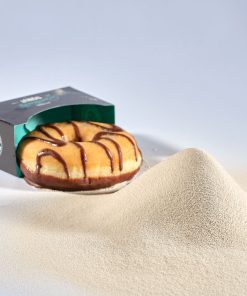
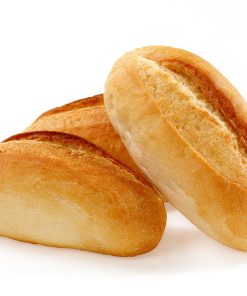
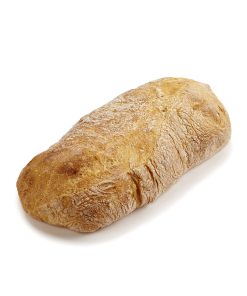
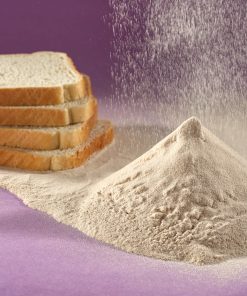
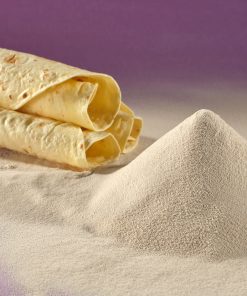
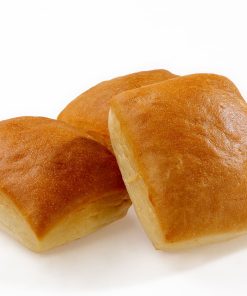
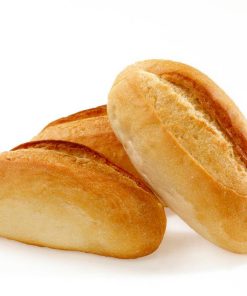

Reviews
There are no reviews yet.